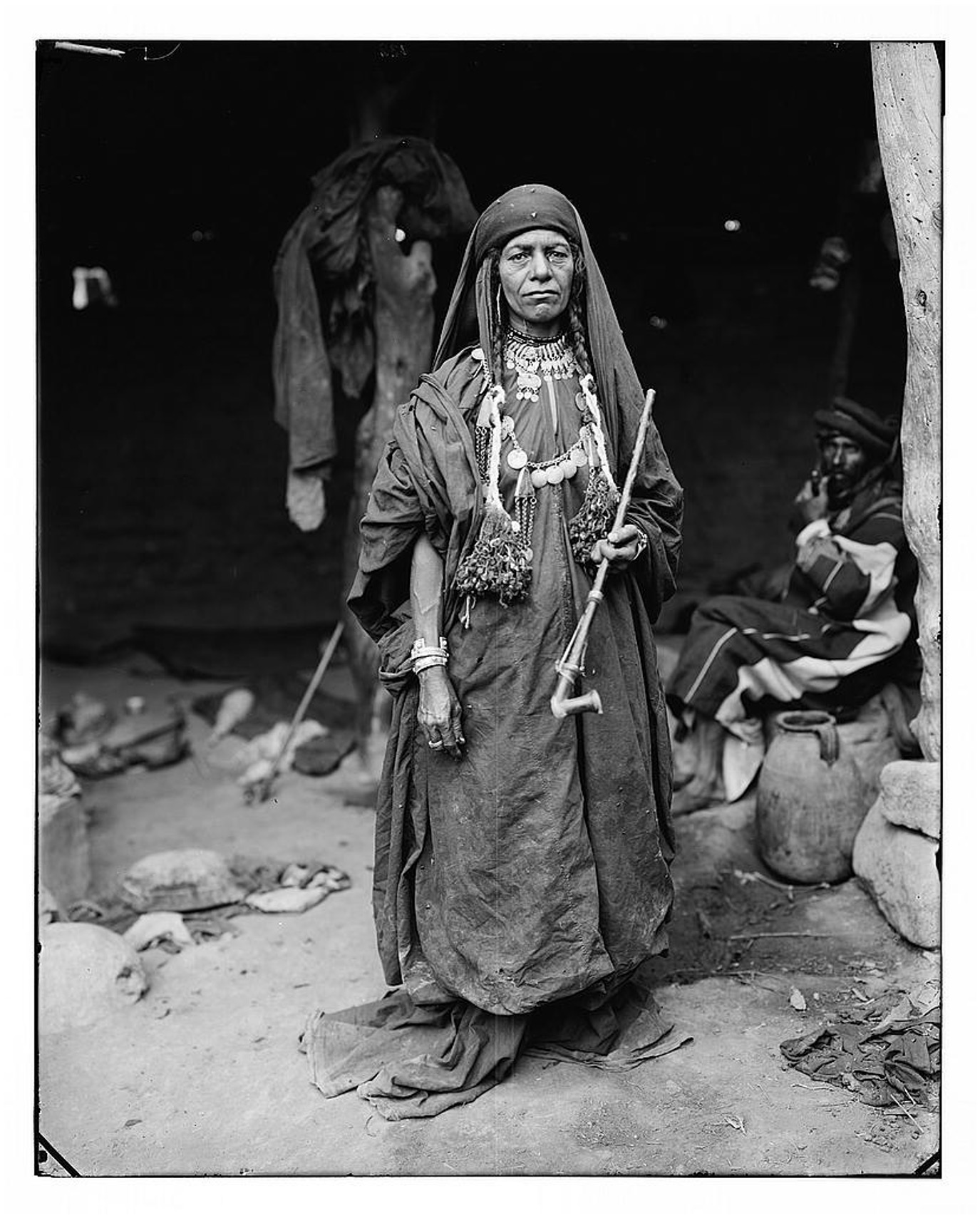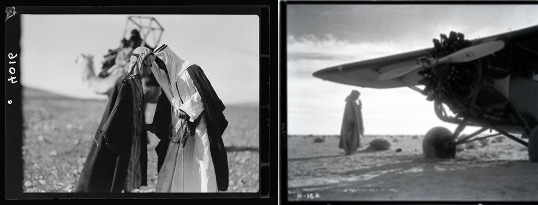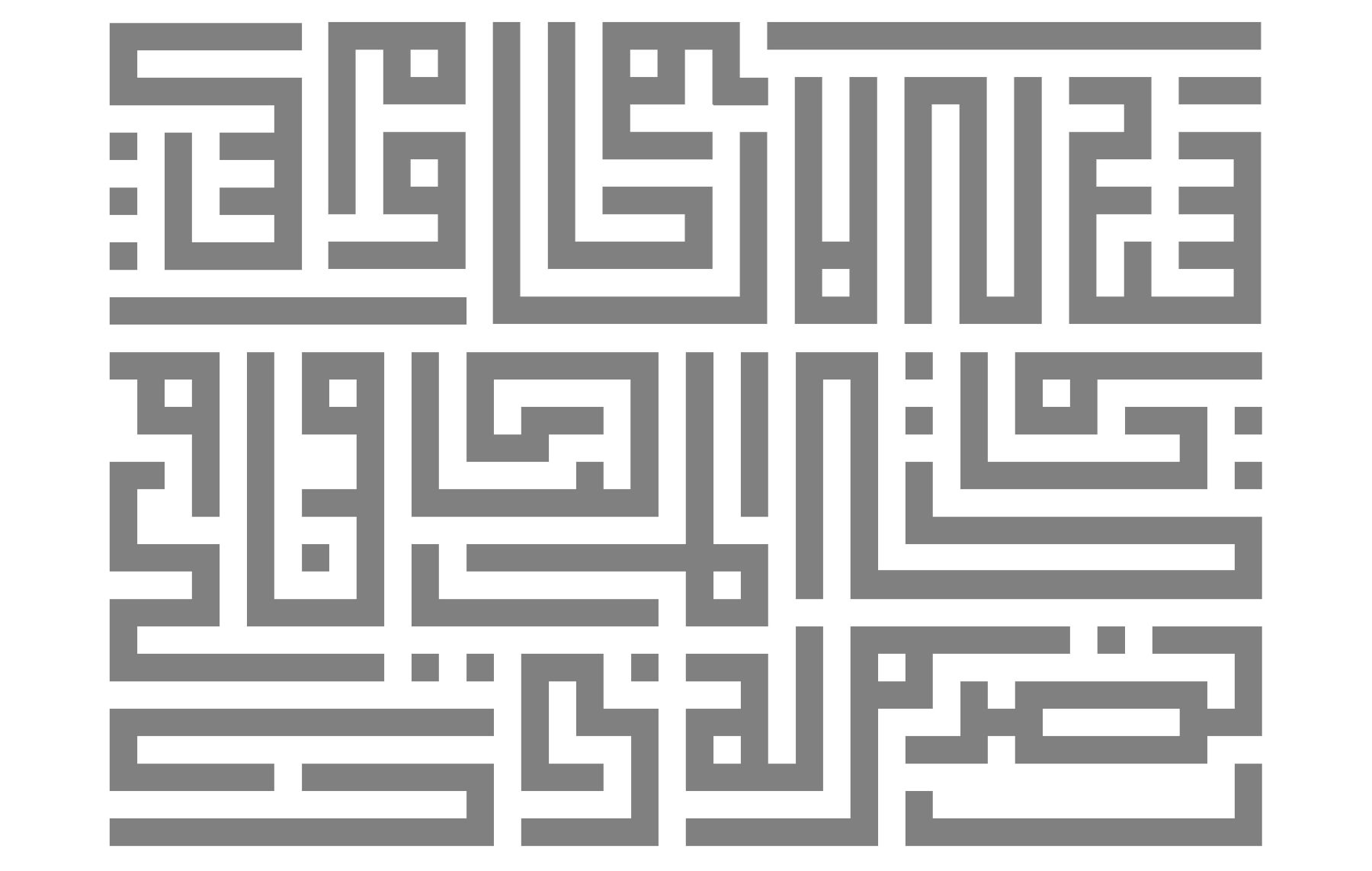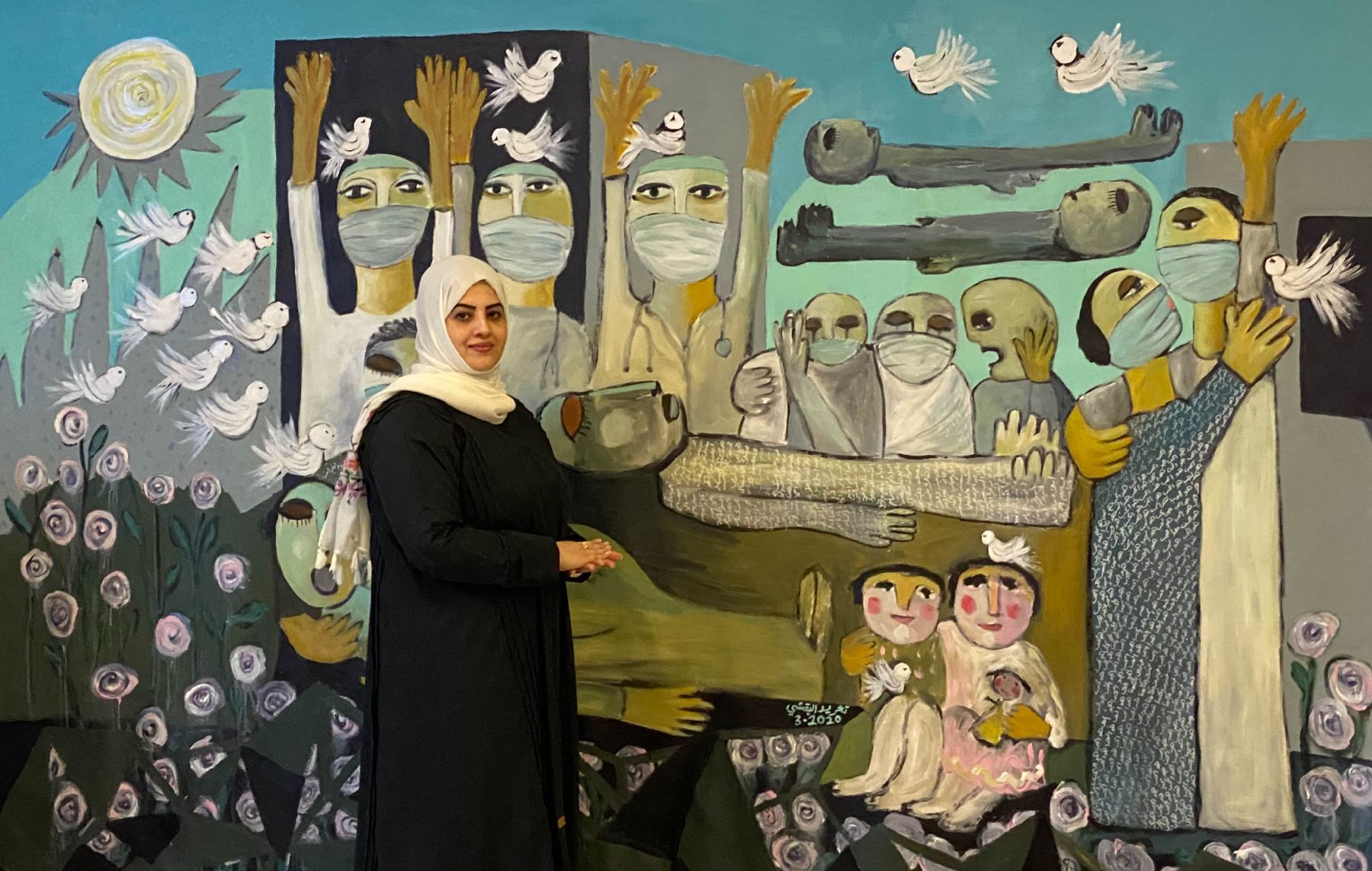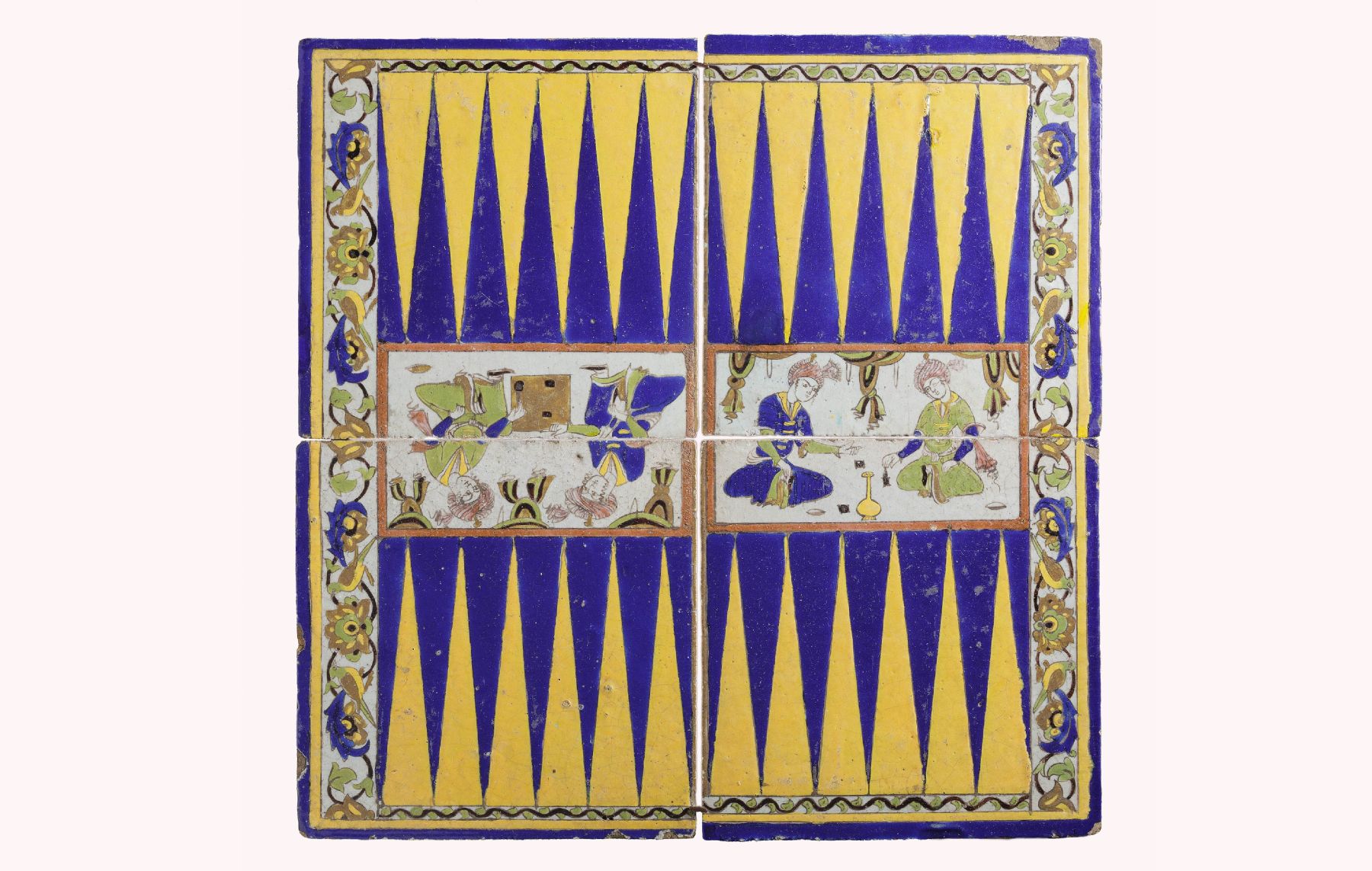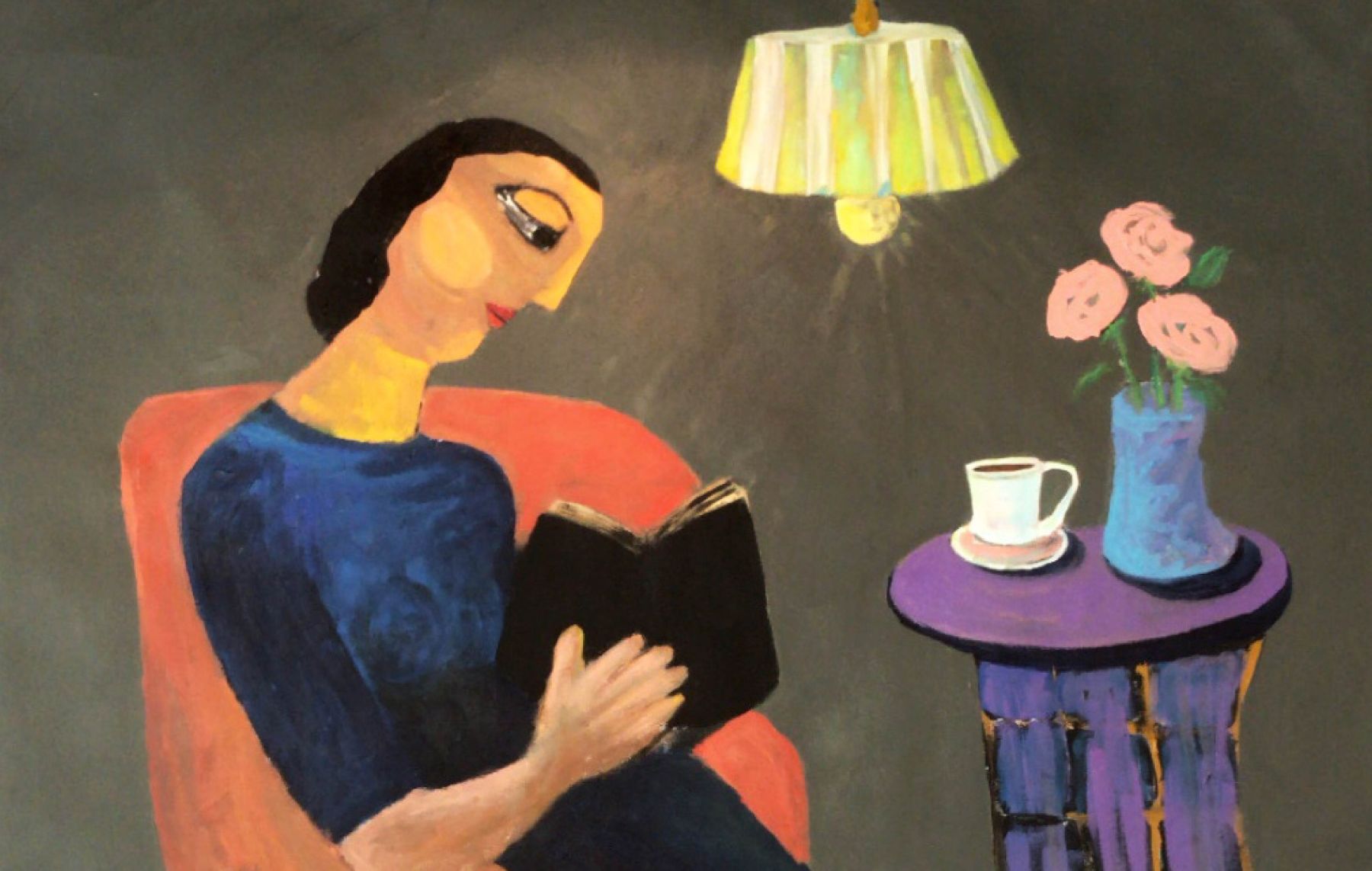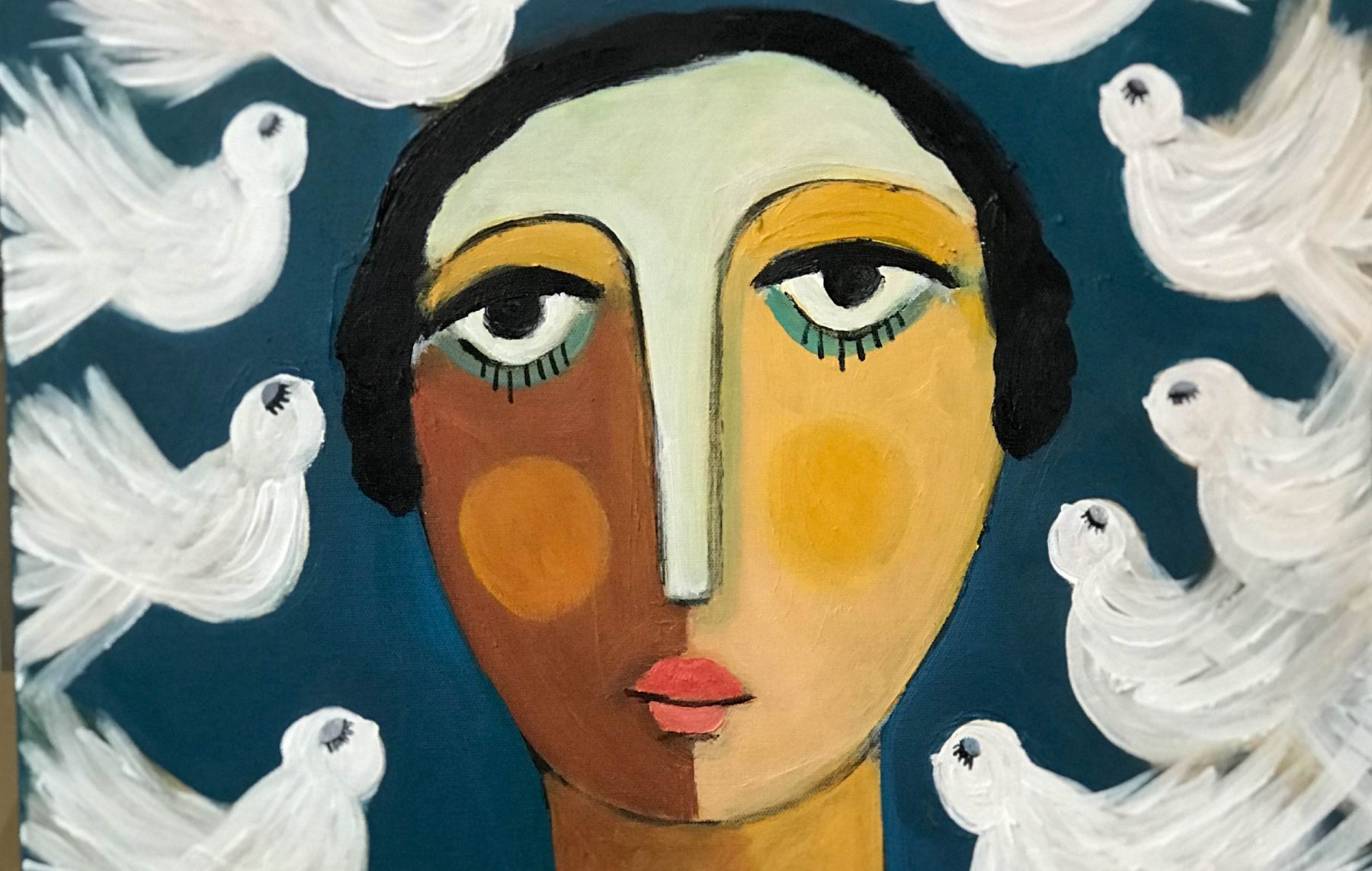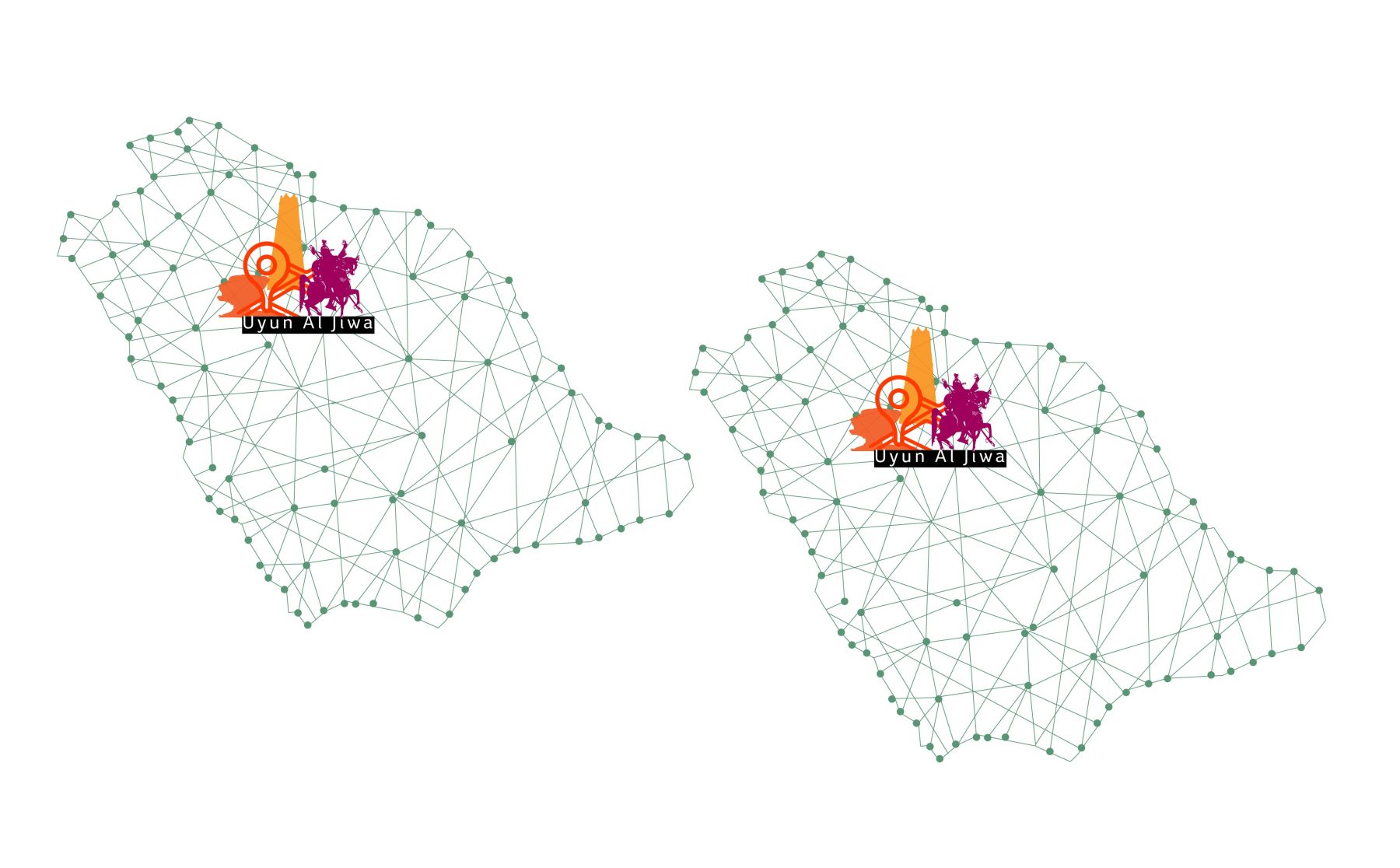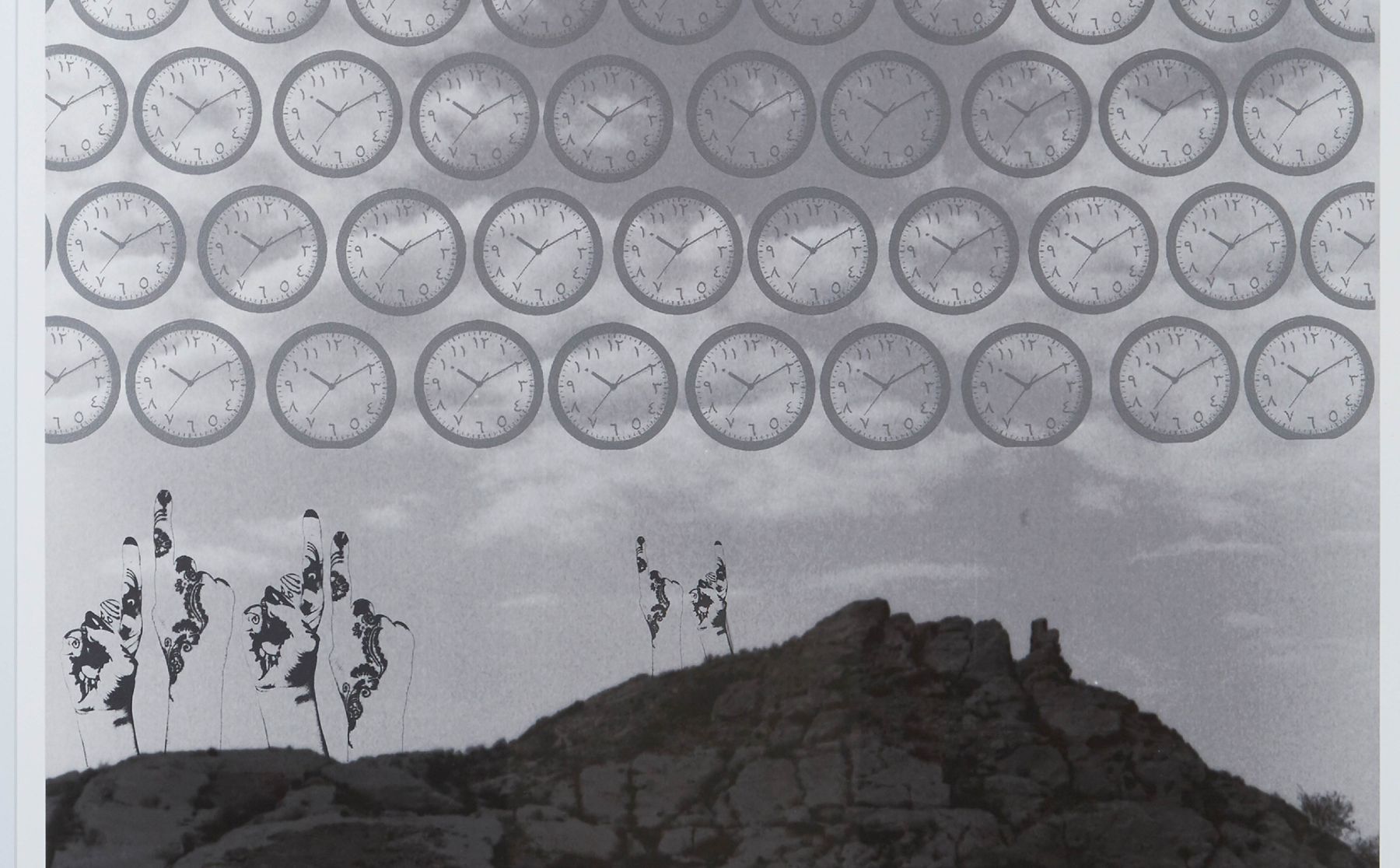The life of a human is that of a film reel with raw footage — long hours of material ready to be repackaged and edited into a story. And whatever the fate of that story may be, one thing is for sure: it is dense with information that is open to editing, re-editing and interpretation. When was this human born? Where? What happened during their lives? And finally, how did they die? The same can be said for groups, collectives and societies as a whole.
In that sense, storytelling is the most effective and powerful form of knowledge transfer. We cannot help ourselves but constantly tell stories, fictional or otherwise. It's a habit that is embedded deeply in our nature, possibly because we know that our lives on this planet are limited and we feel the need to equip the next generations with our lessons learned so that they may leave better lives. Hence, storytelling can be a powerful means to preservation and progress.
However, stories can sometimes preserve less favorable aspects of the past, such as stereotypes ,an over-generalized belief about a group of people, whether it relates to their personalities, traits or even cultural background. Such stereotypes may even result from simple misconceptions of a single fact related to one individual, whether accidental or deliberate.
What do old photos tell us about our own stories? Credit: Library of Congress.
Some stereotypes may seem harmless, but most can cause irreparable damage, turning into beliefs that would take years to undo. Beliefs that blind our eyes to the realities of how beautiful our world, every culture and every single human being is in their diversity. Truly it is that diversity that can help bring people together, as every person with an open mind will find deep. commonalities, rather than just focus on the shallow differences.
How many stories do we know that spread around the world posed as a realistic representation of a people, but in truth are made up of stereotypes? Just one is already one too many.
How can we go about eliminating these stereotypes, especially when it is about our own people?
We do this by equipping everyone with the raw materials we talked about earlier. We make bare the unedited content of our culture and people, weave them into new and authentic stories and give the public a chance to rediscover what lies beneath the stereotypes.
Our archives are the key to the preservation of culture and heritage at large but also to the rediscovery of long forgotten facts. As institutions, archives possess raw materials on millions of people across time — each of them a story waiting to be shared.
Archives can provide each generation with the valuable information of all past generations. Essentially, it is a constant conversation with posterity. What we choose to preserve today will have a deep impact on how we will be perceived in the future. But more than that, our selection may also guide future generations on their own paths.
The test of time will show if we handled this task with the necessary responsibility.
Special Guest Contributor:
Ghada Al-Muhanna is a Saudi writer, Media and Communications officer at the Saudi embassy in Berlin, and an advisor to the Diriyah Gate cultural project.


